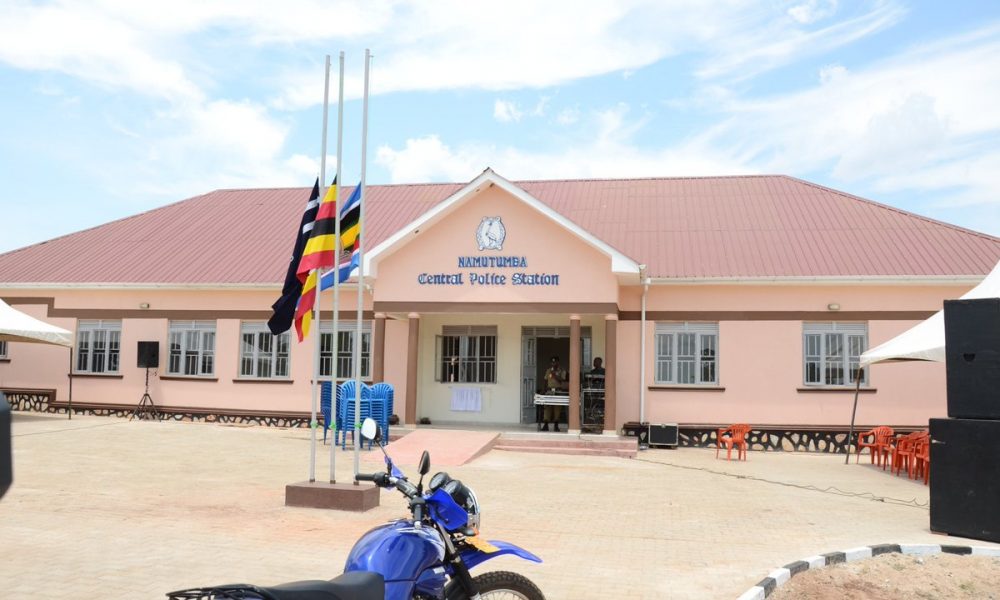Rural women in the Busoga region are facing a significant challenge that hinders their ability to produce enough food for both household consumption and commercial purposes. The issue of land ownership, or rather the lack of it, has a direct impact on their capacity to maintain a stable and constant food supply. This article explores the concerns raised by women’s groups in Busoga on the occasion of the International Day for Rural Women. These celebrations, held in Jinja city, focused on the theme of “Financing for Rural Women Empowerment” and aimed to investigate the challenges and opportunities for rural women in Uganda.
Land Ownership: A Barrier to Food Production
For many rural women in Busoga, the lack of land ownership is a significant hurdle. Cultural norms often restrict women from owning land, leaving them with little or no control over agricultural activities. In this context, women are dependent on men, typically their husbands, to use the land. Even when they contribute to cultivation, men make the decisions about what crops to sell and at what price. This limitation severely hampers their ability to grow cash crops like coffee, which could provide more substantial income.
Value Addition and Challenges
In response to these challenges, some women have ventured into food processing and value addition. However, they face obstacles, including the lack of machinery and materials necessary for these processes. Without access to such resources, their efforts to add value to agricultural products are impeded.
Middlemen and Husbands
Rural women in Busoga are further challenged by middlemen who exploit them by offering meager prices for their produce right in the fields. Moreover, husbands often interfere with their wives’ decisions about what to sell and at what price, without considering the costs of inputs. This situation results in women receiving low returns for their efforts.
Appeals to the Government
In light of these challenges, women farmers in Busoga are calling on the government to provide modern equipment such as tractors, combat the supply of counterfeit agricultural inputs, and offer tree seedlings to promote environmental sustainability and attract rainfall to combat climate change effects. Additionally, they seek access to soft loans from banks without stringent requirements.
Empowering Rural Women
The celebrations on the International Day for Rural Women aimed to encourage a reevaluation of the role of women in the agricultural food supply chain and the stability of this sector. The project, supported by ‘Fair for All,’ strives to transform the lives of rural women. However, it faces issues like digital exclusion, with women’s groups lacking the necessary devices and data to market their final products.
Government Support and Climate-Smart Agriculture
Peter Dhamuzungu, the commissioner in charge of crop production from the agriculture ministry, acknowledged the innovative efforts of women in Busoga to add value to their agricultural products. He mentioned the introduction of a climate-smart agriculture program aimed at addressing various challenges, including improved access to quality agricultural inputs and connecting women to markets for their produce. Additionally, the program will focus on acquiring agro-processing facilities and machines for value addition through Public Private Partnerships.
Dhamuzungu encouraged women to seek support through their organized groups to acquire heavy machinery such as tractors from the agriculture ministry. These resources can significantly enhance their agricultural productivity and value addition efforts.




















